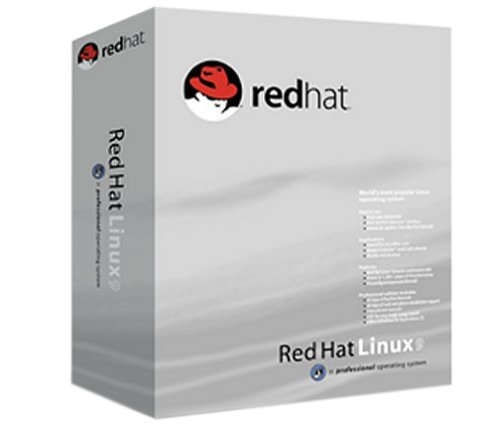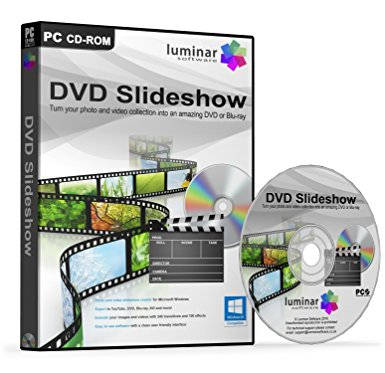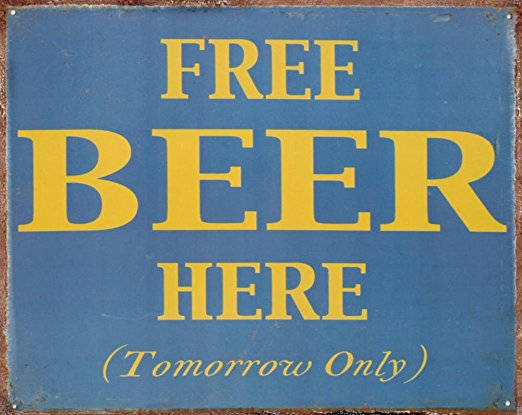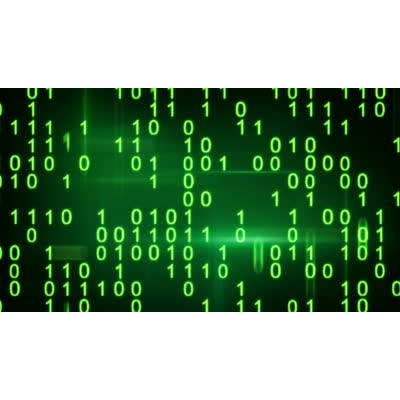| We Make Nothing |
| Written by Mike James | |||
| Thursday, 13 January 2022 | |||
|
Literally we make nothing. Give me a pound of program, a foot, a kilogram or a meter of your latest program, no not the paper you printed it on, your program, the real thing. You can't - because you make nothing... Programming is the industry of the mind, and this is why we love it.
I was clearing out some software junk from the 1990s and was wondering why each title came in a huge box with almost nothing, often a single CD, inside. Then it dawned on me that people generally didn't like paying large sums of money for a pattern of bits on a tiny disc. So to made clients think they they were buying something, the software was packaged in a big box. It also had something to do with allowing retailers to put the software applications on shelves as if they were books. In fact for a while the company PaperBack software sold discs bound into books to give them a spurious concrete existence. Later we stuffed DVDs and CDs into cases to make them look like premium videos.
It was a fairly brief period in software history, but one that points out some of the difficulties of being a programmer and suffering under the strain of creating nothing - ok apparently nothing. So you have just finished a really good application. It isn't as finished as you would like, are they ever, but it's workable and usable. A friend pops in and see's what you are doing. "Oh that's great, I could use an app like that, can I have a copy?" What does it cost you to give your friend a copy and for the sake of friendship you probably do just that. After all, these days a copy doesn't often mean that an actual copy has to be made; you simply let the friend have access to a download. It really costs you nothing. Now if you were a woodworker and the scene was played out with some wooden thing you had just made, the friend probably wouldn't even think of asking for a freebie. It would take you time and materials to create the copy and if the friend did want one they would no doubt, being a friend, want to compensate you for the work - the extra work - in making the copy. Here friend have a drink on me, or an expensive dinner or a holiday in the sun... ok perhaps I'm going too far. You can see where this argument is going and it isn't a particularly new one. Any work in the field of creating intellectual property has a similar problem, but it is only recently that it is becoming an acute problem. For example, until quite recently musicians packaged their particular form of nothing using vinyl, tape and CD, authors used paper books to cover up the fact that they were selling nothing. However, both of these high profile cases aren't quite like the position we find ourselves in with respect to software. That is, the music and the words did once have a sort of real physical existence in the form of records and books. This history colors people's attitude to the commodity but perhaps not that much. Imagine that I meet you in a bar and tell you that I'm a full time poet. You probably think "what a time waster". Now I add that I'm a published poet and show you a copy of my latest book. Suddenly you are more impressed. You might think that this is simply that the published book carries a validation of an authority, i.e. the publisher, that proves that my poetry is worthwhile, but there is also the effect of having produced something real, even if it was self published. When you buy an ebook or download an MP3 you probably are placing its worth into the universe of real things as guided by your past experience of CDs and real books - assuming you have some. The effect is probably becoming less in the music field faster than it is waning in ebooks because we still like our share of real paper books. But software has never had much of physical embodiment that gave it real worth. To be more precise, it has never been linked to a real-worth value metric. For example, the worth of a book should be related to the information or pleasure it contains, and yet we seem happy with the idea that a big book should cost more than a little book. The cost of production overwhelms us in any judgment of paying for the words. We pay for the paper rather than the ink. Software has no paper and no ink - it is just nothing. This is slightly liberating in that we can now set a price for our software according to how complex or well written it is. You want to buy my latest brilliant program then I'm going to have charge you more than for my quickly put together game app. Does this work? In practice, clients seem to be of the opinion that software should be free or at worse so cheap that they don't notice paying for it. This is the latest manifestation of the "it costs the programmer nothing to let me have a copy" brought on by the $0.99 app. Is this the reason software is pirated not only frequently but with bravado? I pirated the software because it cost the producer nothing and I wouldn't have bought it anyway so its also not a lost sale. The produces lost nothing and I gained the software so its not-lose/win. It is a right to download "free" software because it costs the producer nothing extra if you do so. While I'm 100% for open source software I'm not so behind free "as in beer" software.
Just as the 99 cent app has succeeded in yet again devaluing code, so has free open source software which puts into the mind of the user that code should always be free of charge. This misses that point the someone has to pay for it somehow. There are lots of enthusiastic open source programmers who do it for fun. I create code for fun as well as profit, but I now think that my fun is impacting my profit. We do have a problem. The fact that what we, programmers as well as musicians and writers, produce is insubstantial is an increasing problem. No-one likes the draconian measures that some big companies take to keep control of their intellectual property, but what their workers produce has to be paid for - it is only fair. The fact that I can give you a copy of my latest work without it costing me any more isn't relevant to the cost of producing it in the first place. We have to find a way to get clients to see the cost of initial production and value the nothing we produce at more than nothing.
Related ArticlesProgramming - A Life Long Challenge The Real Reason To Learn To Program - The Power
To be informed about new articles on I Programmer, sign up for our weekly newsletter, subscribe to the RSS feed and follow us on Twitter, Facebook or Linkedin.
Comments
or email your comment to: comments@i-programmer.info |
|||
| Last Updated ( Thursday, 13 January 2022 ) |






